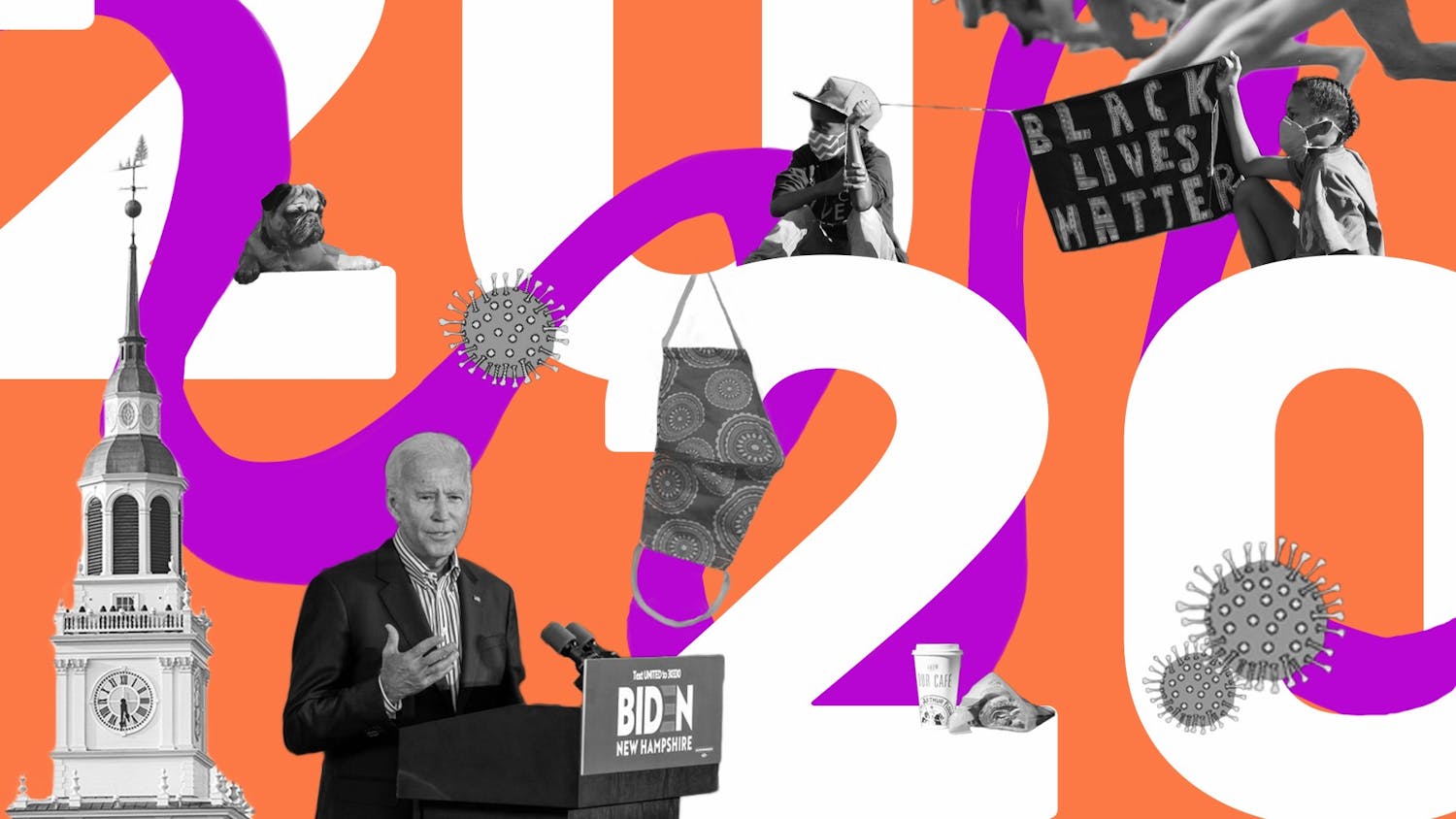In a May 5 campus-wide email, College President Phil Hanlon announced that due to the increasing vaccination rate and the declining COVID-19 incidence rate nationwide, the College will allow graduates to bring up to two guests to graduation. This announcement embraces suggestions made by students following the initial decision to hold Commencement for families virtually and is a promising sign of an impending return to normalcy on campus — something this Editorial Board has argued is overdue. However, while the College should be commended for revising its decision, for many low-income students and their families the eleventh-hour nature of the decision erects significant financial and logistical hurdles and comes as too little, too late.
Because the College’s decision to reverse its original ill-founded no-guest policy comes just weeks before Commencement day, families this year will have limited time to organize and budget their travel and request time off from work, in addition to facing the daunting task of booking last-minute hotel rooms and rental cars at a time when these accommodations will be in short supply. While every family of graduates will face these obstacles to some degree, low-income families, which will be less equipped to adapt in the face of the sudden change of plan, will undoubtedly bear the brunt of the impact.
Finding last-minute lodging close to campus will likely prove especially challenging for many families. Now that all graduates can bring two guests, housing options around Hanover are bound to fill up within days — as it stands, multiple hotels in Hanover and surrounding towns, including the Hanover Inn and Six South Street, are already booked full from June 10-13. This surge in demand for lodging — which the College’s decision not to offer on-campus housing for families will only exacerbate — is likely to significantly drive up hotel fares to a rate unaffordable for many lower-income families. Although higher-than-usual local lodging prices are typical of Commencement week, the tardiness of the College’s announcement has undoubtedly hampered the ability of lower-income families to plan for the expense of traveling to an in-person ceremony: Until now, families that might have saved up so they could afford to attend graduation likely did not see a reason to, given that the ceremony — for them, at least — was slated to take place virtually.
The pandemic’s disproportionate impact on lower-wage industries like personal care services, accommodations, food service, entertainment and recreation will only exacerbate the unaffordability of this late decision for lower-income families. In addition to layoffs hitting these industries harder, those guests who still have jobs in them may also face barriers to taking time off. For some, requesting several days off to attend graduation on such short notice may simply not be possible — the service industry has some of the worst paid time off policies in the country, with most companies offering employees only a few days off per year if any. Jobs in these industries also typically require workers to make requests weeks in advance, an ask made more difficult by the very late nature of the guest policy update.
As it stands, given the many barriers the College’s last-minute change of plans has erected for them, many lower-income families of students on this campus — and particularly those who live outside of New England — may no longer be in a position to make the trip up to Hanover for their child’s graduation. Even after the policy change, these families may not be able to get off work in time or scrape together enough money to attend.
Notably, Princeton University — in New Jersey, which has had notably stricter COVID-19 restrictions than New Hampshire throughout the pandemic — made the decision to allow two guests per student on April 9, nearly a full month ago. At the beginning of April, when millions of doses were being administered daily and nearly all states, including New Hampshire, had announced a timeline for universal eligibility, the College could have foreseen then that an in-person ceremony with guests would be safe by the time of Commencement. That Dartmouth’s Commencement is one of the latest in the country further suggests that the College’s overly cautious stance was not merited: By June, all indications are that the overwhelming majority of families and students will be at least partially vaccinated, if not fully so.
After failing to give families enough notice about its graduation plans, the College should commit itself to making Commencement accessible to those affected by its late decision-making. If Dartmouth wants to live up to its promise of making itself accessible to students of all backgrounds, as its mission statement and marketing to prospective students suggest, it should not tolerate the prospect of graduation — a landmark in anyone’s life — becoming a privilege reserved for those with the financial means to attend. While the College was right to amend its guest policy to allow family members to attend, the announcement is long overdue and ignores the financial ramifications of the late decision on low-income families, who have already been hit hard by the pandemic. Although opening dorms as lodging after finals end on June 8 may be impractical given the need for guests to quarantine, Dartmouth can take the next best step by offering stipends for travel, lodging and transportation to the guests of students on financial aid. After flip-flopping on its Commencement plans at the eleventh hour, Dartmouth has a responsibility to make this year’s ceremonies accessible for all students and families, regardless of their financial means.
The editorial board consists of opinion staff columnists, the opinion editors, the executive editors and the editor-in-chief.



